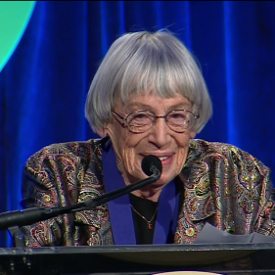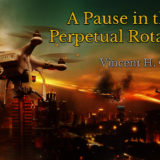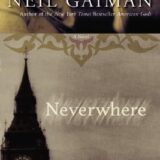As it approaches the New Year, this concept settled rather heavily on my mind. Why do we always focus on change in Science Fiction. One of the questions that keep getting asked of me about my writing, is that although I try each time for the piece to be different (I’ve only done one sequel or spinoff of one of my plays), that some themes always seem to re-emerge. Even when the context, characters and plot are completely different, these patterns of thought always seem to come together like an ideological Agent Smith. I’m sure that’s a strong case for a lot of writers and their back catalogues, but this one in particular seems more ostentatious than most.
And that is the idea of giving birth and having children.
Maybe that’s a little too straightforward, but that seems to be the general manifestation of it. It’s about maintaining your genetic stranglehold on the planet – or at least laying down a sign saying “I was here”. Art and lasting symbols like this are always examples. And that is the point, without getting too personal, of what I’m trying to achieve, I think.
The next step for me, however, was to zoom out of this particular concept to the whole land-grab of change.
Science Fiction for me, is fascinating in not only how it deals with change – whether it exists in far flung futures, alternate realities – but from exploring concerns that remain despite the changes. What are we still committed to changing? What will be still be able not to stand for?
This, I think, helps us with the impossible language idea that we have when writing and/or staging alterity. It is our tether to reality and why SF is essentially – to use a cliché – inherently human.
If I think about the plays I’ve written, it makes sense. Terra Firma, despite its post-apocalyptic setting, has a couple who are split in their decisions of wanting to rebuild together. SUM, despite its new hivemind technology, shows the characters losing their ability to love and mourn as they used to. My latest play Cuckoos and Chrysalides, despite its enabled technology to upload and download consciousness, has a woman deciding on whether she is ready to have a family. Notes from Other Worlds can also be another example. Muscle Memory, despite the ability to store your loved ones and reactivate them, depicts a person who wants to start their life again without their old partner.
Like the New Year, SF is often about the change. What I think is just as important are the concepts and concerns that remains despite the difference. This is not just the tether that allows us to emotionally connect with Science Fiction, but with our lives in general. That said, I wish you all a Happy, Healthy New Year in 2015!










